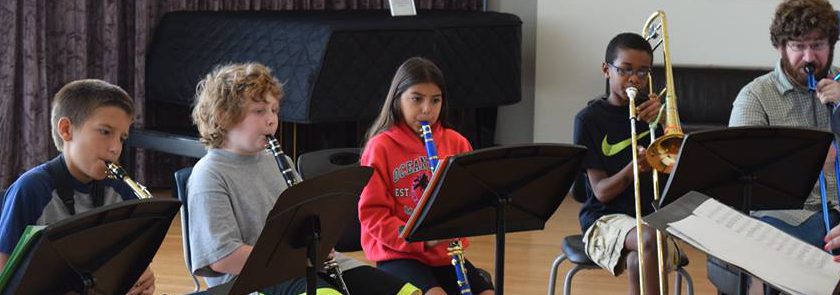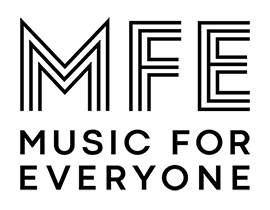Instrument Repair Program
The Instrument Repair Program, an initiative to catalog and repair every instrument of every public school in Lancaster County on an ongoing basis.
The Program’s Two Components
- To assist each school district in cataloging every instrument it owns using a cloud based inventory system.
- To identify instruments in need of repair, which MFE will pick up, repair and then return them to the schools.
While the estimated cost for the first five years of the program is between $500,000 – $750,000, the program will be at no cost to the school districts. MFE has received a three year, matching grant for $25,000 per year from the Steinman Foundation to start the program.
“This is big. Since 2006, MFE has provided over 12,500 instruments to Lancaster County schools. We’ve found that the vast majority of schools have little, if any, money in their budgets for repair”, said John Gerdy, founder and executive director of MFE. “That being the case, it would be irresponsible of us not to develop a program and secure funding to maintain those instruments on an ongoing basis.”
During the summers of 2017 and 2018, MFE conducted a successful pilot program in the Columbia school district where a total of 57 instruments were repaired.

“Cycling through all of the districts the first time will be expensive and time consuming”, Gerdy continued. “Once we work our way through that first wave, the annual cost to continue to maintain the instruments will drop dramatically.”
Since the pilot program, Manheim Central, Donegal and the school district of Lancaster school districts have signed on receiving a complete overhaul of their music inventory.
“Over the years, we’ve provided a lot of instruments. We’ve underwritten Music Mentors to teach children to play those instruments, not only during school hours, but through our after school and summer camp programs. This is the next logical step in our evolution”, said Gerdy. “We’ve still got a way to go to secure all the needed funding, but we are very excited about the potential of this initiative.”




